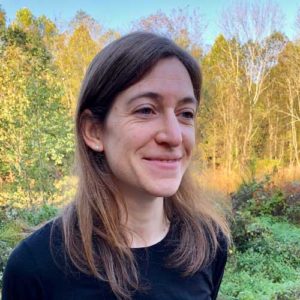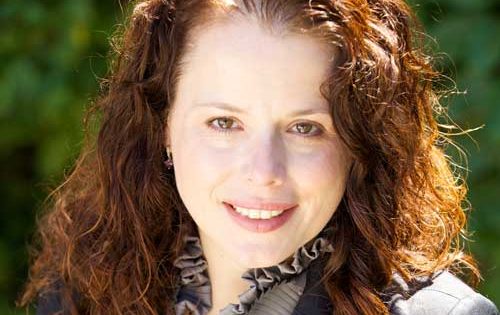 Adjunct Research Scientist
Adjunct Research Scientist
Interests and Expertise
Raven works at the intersection of microbial ecology and biogeochemistry with the goal of understanding how communities of microorganisms create and respond to changes in their environment. Her research goals encompass three major objectives: 1) understanding how disturbances alter microbially mediated nutrient cycling, 2) identifying connections between microbial phylogeny and microbial processes, and 3) manipulating categories of microbiome assembly to study the influence on functional groups. She uses field and lab studies to determine the consequences of land-use change on aquatic microbiomes and seeks to understand which concepts and parameters best enable us to predict their responses under environmentally-relevant conditions. The long-term goal of her research is to couple microbiome research with biogeochemical dynamics in a way that will expand both our conceptual and applied capacity for ecosystem stewardship.
Education
- Ph.D., Ecology, Duke University, Durham, North Carolina.
- B.A., Biology, Carleton College, Northfield, Minnesota.
Professional Experience
- Adjunct research scientist, Stroud Water Research Center, 2022–present.
- Assistant research scientist, Savannah River Ecology Lab, University of Georgia, 2020–present.
- Research associate, Stroud Water Research Center, 2020.
- Postdoctoral researcher, Stroud Water Research Center, 2018–2019.
- Postdoctoral research fellow, Uppsala University, Sweden, 2016–2018.
- Research
- Visiting scholar, École Polytechnique Fédérale de Lausanne, Switzerland, 2015.
- Research assistant, Duke University, 2010–2012.
- Research technician, University of California, Santa Barbara, 2009–2010.
- Research technician, University of Georgia, Athens, Georgia, 2008–2009.
- Research associate, Duke University, 2007–2008.
- Consultant, United States Geological Survey, 2013.
- Teaching
- Teaching assistant (microbiology), Duke University, 2014.
- Teaching assistant (aquatic field ecology), Duke University, 2013.
- Teaching assistant (molecular biology), Duke University, 2011, 2012.
- Teaching assistant (biogeochemistry, developmental neurobiology), Carleton College, 2006–2007.
Stroud Center Publications
Widespread cryptic viral infections in lotic biofilms
Understanding how microbiomes influence the systems they inhabit
Related News
Sharing Our Science in Salt Lake City
Getting Slimed: Scientists Investigate Biofilms in Streams Amidst Climate Change
Sharing Our Science at Rodale Institute’s Field Day
Meet Raven Bier: New Postdoctoral Associate



